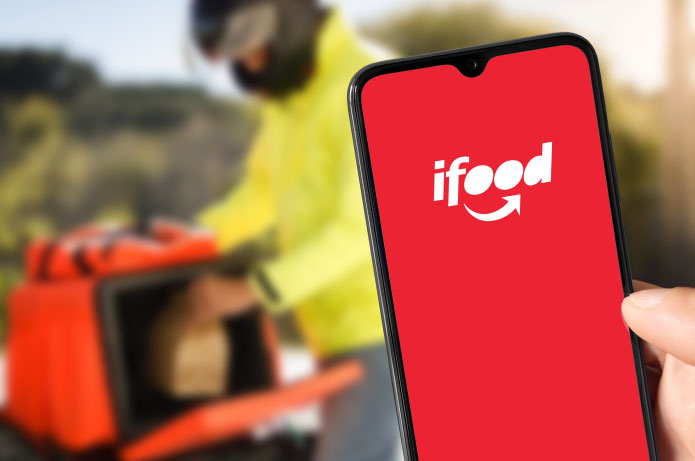Nathalia Arcuri, founder of Me Spare!, was recently recognized among the 15 most admired entrepreneurs in Brazil, as revealed by a national survey conducted by the Stimulus Impact Fund in partnership with the MindMiners platform, which heard more than 1,500 small business owners. Sharing space with names such as Elon Musk, Abilio Diniz, Luiza Helena Trajano, Silvio Santos and Jorge Paulo Lemann, Nathalia occupies the 15th position in the ranking, being the only Brazilian woman with direct performance in popular financial education to appear on the list.
Its inclusion in this select group highlights its business vision and the transformative impact of a company that was born with the mission of democratizing access to financial freedom.Since 2015, Me Poupe! has already impacted millions of Brazilians with accessible content and financial transformation programs, demonstrating that it is possible to build a profitable and, at the same time, socially committed business.
“This recognition goes far beyond my name. It represents the strength of a cause. Being among the most admired entrepreneurs in Brazil shows that it is possible to do differently: generate profit, generate jobs and, above all, generate financial awareness in a country marked by inequality. Me Spare! is an impact company and this achievement reinforces our commitment to a fairer and more accessible economy for all”, says Nathalia.
The survey also revealed that Nathalia is one of the few women to appear in the ranking, alongside Luiza Helena Trajano, who occupies the 7th position. This highlight reinforces the importance of female leadership in the Brazilian entrepreneurial scenario and the fundamental role of initiatives aimed at financial education and economic empowerment.











